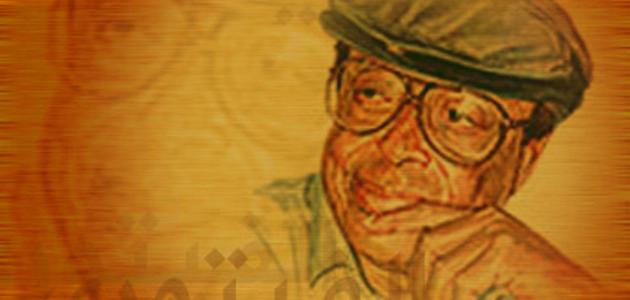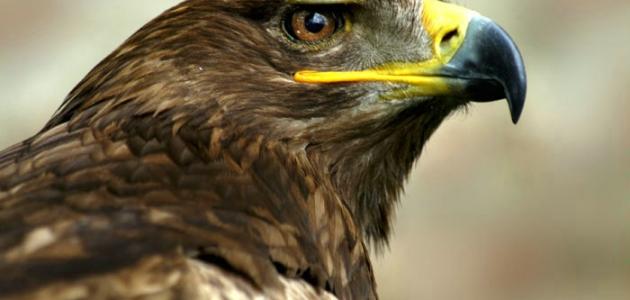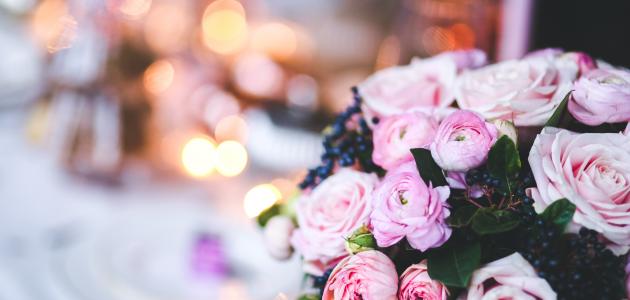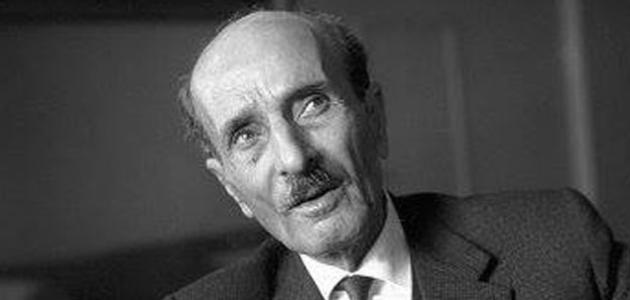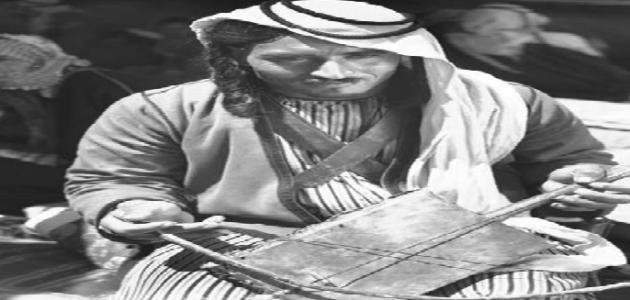Sudanese poetry
A pause about the Sudanese poet, Muhammad Al-Fitouri, born in 1936 in Sudan. He grew up in Alexandria, Egypt, where he memorized the Qur’an by Karim.
His education: He studied at the religious institute in Alexandria and then left for Cairo. He completed his education at the Faculty of Science at Al-Azhar. His work: He worked as a literary editor in Sudanese and Egyptian newspapers. He was appointed to the Arab League as a media expert from 1968-1970. He worked as a cultural advisor at the Libyan embassy in Italy. He became an ambassador and advisor in Beirut at the Libyan embassy, then an advisor. A politician and media figure at the Libyan embassy in Morocco, Al-Fitouri is considered part of the literary movement in Sudan. He has written many poetic works, and his poems include:
My brother in the East, in every residence, my brother on earth, in every homeland, I invite you.. Do you know me? Oh brother, I know him.. despite the adversity. I tore the shrouds of darkness. I demolished the walls of weakness. I am no longer a graveyard that tells of weariness. I am no longer a barmaid who weeps blood. I am no longer a slave of my chains. I am no longer a slave of an old past. I am a slave to an idol. I am alive and immortal despite the abyss. I am free despite the bars of time. So listen to me.. listen to me. To me, the ear of the corpse is deaf. If we have walked on thorns for years and encountered the same harm we encountered. If we spent the night and faced the same harm we encountered. If we spent the night naked and hungry, or we lived barefoot, miserable. If the ax weakened our strength and we stood up to challenge our fallen. If our executioner made fun of us, then we will suffer wounds. We groaned and raised him on our necks, and we bowed to his feet in submission, and we filled his cup with our blood, and he made us suffer wounds and groans. We made the stone of the palace into heads and engraved it with eyelids and eyes. We revolted against ourselves and erased the stain of humiliation from us. Millions woke up from their hatred. What they saw filled the horizon with an echo. They went out searching for their history after they got lost on the ground and got lost carrying their axe. And it descended from its hills and the depths of its villages, and see the determination in its eyes and the morning of resurrection sweeping across its foreheads. O brother, in every land that has been stripped of its light and covered with its blood. O brother, in every land whose lips have become dark and its eyeballs have become dark. Arise, free yourself from the coffins of sorrow. You are not its wonder or its mummy. Go over its mornings and its evenings.
Read also:Poetry about EgyptAmong Sudanese folklore, there is a wonderful song sung by most Nile Basin singers, which is: O Naanat El Geneina, Naanat El Geneina.
Garden mint watered in its nursery Banana trees cast a stray on their sticks Garden mint watered in its nursery The day my beloved traveled, I left the country for him
She said to me, “Your mail, my cousin, you are tired of the honey flowing on my mouth, on your throat, on me, I am not burdened by the burden on my throat, on me, I am a trick of my father and mother.”
She told me your email, my aunt’s child. My heart adores you and my soul is drawn to you. After dinner, come and visit our house. This is an opportunity to meet and explain the situation to my mother.
She said to me your email, my aunt’s child, a spring rose in the midst of flowers that smelled her embrace on me, and I felt the tenderness of the embrace. She said, “When will we meet in the happy nest?”
In the love of girls, I surpassed Napoleon Trembelli, stopping the wheels of Pendium. I submitted my complaint to the governor of Khartoum, adjourning my session until the resurrection occurs.
I asked what is the name? They said: “The girls are Na’amat, Umm Saba’in Ratab, and the rest are dates.” The mothers, the day she called us with her soft hand, I said: “Na’amain, three, four, five Na’amat”
Your vegetables are like a garden, and you put the figs of your sticks in your walking path, treating them to the soft curves of your bones. There is no certainty about the second, two, three, and four five-tenths.
Read also:coupletsOh mother, two decades of gold, three and three decades, a hoop, no eye has seen what came upon my virginity the day it appeared upon us. They all fell drunk. It fell into the milk, and it did not produce turbidity.
Yesterday afternoon in the neighborhood, I came for a walk, and why is it that every time you see me, sweetie, you walk, I give you my greetings, you say my greetings and are afraid, and what is the fault of the door, that you break it in my face?
The breeze is blowing and I hear the sound of your words and I want to talk to you and take account of your mother in terms of politeness.. your manners are the manners of your aunts and in terms of beauty.. and take the beauty of your mothers
They gave me poison, sterilization, and sterilization, and they deprived me of the sight of people who wanted to meet me. That's it. Life is gone for a few days. I'm still left with doubts to God, oh you who were the cause of my misery.
A queen and a daughter of kings, and your beauty has increased, my Lord, and the manicure is prepared, and the nostalgia is dusty. The phone hit the table.. The wisdom of my Lord said to me, “Hello.” He said to her, “We are my group.”
Long, oh long night, I am in you and I am not sleepy, and every time I say it lengthens, it decreases, it decreases, and every time I remember you, oh rose of the branches, I come and look at others, and when I look, they disobey me.
Saturday and Sunday, the Beloved's door, two and three beats, the secret of the heart, four, Thursday, on the pillow, I cried, and on Friday night, after joking, I cried.
Oh girls, how beautiful you are, no matter what I do or how I describe it, the soul and body you take are not enough for you, but let the eyes look at you.
Read also:Poetry about scienceI want to talk to you every hour we can. In the afternoon, we ride on the back of our camel. She said, “What should we do if the Arabs see us?” Say, “My uncle’s son and his leg is a neighbor of ours.”
She said, “What do you mean? You are flirting with us, standing in our way. If we go out, we have been dating each other since we were young, and we still do not miss each other. Even the dirt isolates us.”
There are rivers of Sudanese literature and poetry that many people do not know about, despite their creativity, splendor, and meanings that tell the pain of every Arab, every struggler, and their love poems that alone are capable of creating a rich literary library that one never tires of.
